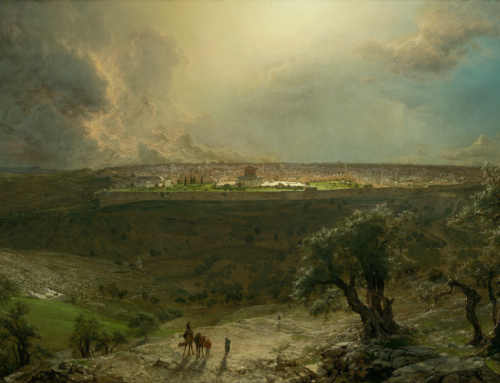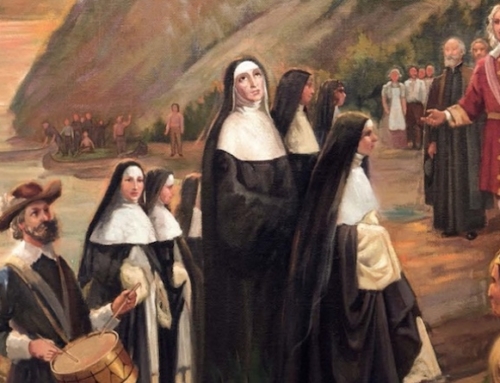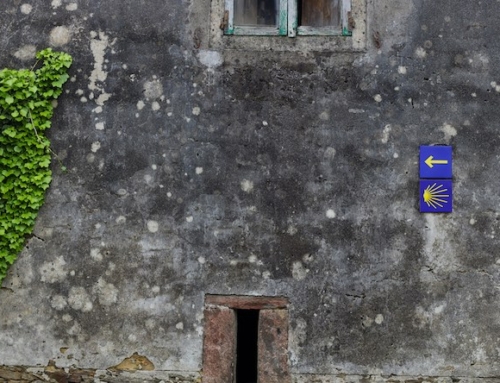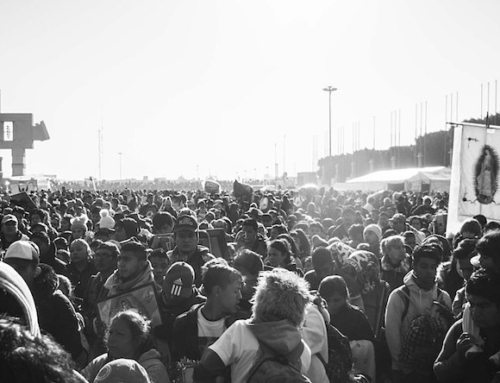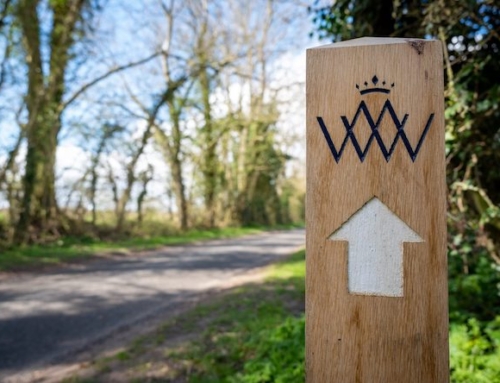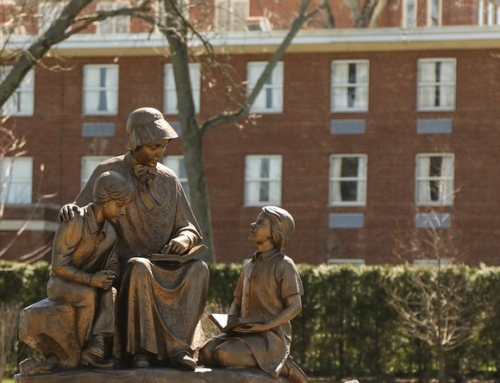2020 Summer Reading Recommendations:
A Postcard from the Volcano: A Novel of Pre-War Germany by Lucy Beckett
Children picking up our bones
Will never know that these were once
As quick as foxes on the hill;And that in autumn, when the grapes
Made sharp air sharper by their smell
These had a being, breathing frost;And least will guess that with our bones
We left much more, left what still is
The look of things, left what we feltAt what we saw.
With these words, Wallace Stevens begins his eulogy to a world ravaged by disaster. Placing her novel within the context of this poem, Lucy Beckett tells the story of Germany from the beginning of World War I to the rise to power of Adolf Hitler and the beginning of World War II. Beckett inserts the reader into the “in-between” time in Germany as the nation attempts to come to terms with its defeat and loss of pride, while also forming a modern nation from the ruins of its former empire.
All of this is told through the life of Prussian aristocrat Max Ernst Hofmannswaldau. Only a boy when the first World War comes to an end, Max grows up in a society looking for a foundation upon which to build. He begins his life on his family estate in Waldau, sequestered from the world while receiving an education from a tutor. Classically educated and musically talented (he is an excellent violinist), Max is taught to think for himself rather than merely succumb to popular ideologies or blindly follow authority. Max later pursues further education to be a lawyer and begins his studies at the gymnasium in Breslau (now Wrocław, Poland) where he comes of age and grapples with the philosophies of his time. Max and his friends, many of whom are brought together through a love of music, all espouse their German patrimony, rich in its culture and history, but are troubled by the budding social ideals that will give rise to Nazism. Beckett recounts their philosophical discussions and tells their stories, elucidating their questions and showing the implications of their answers.
A Postcard from the Volcano is an enjoyable read for every demographic. Beckett explores the historical events and ideals that gave rise to the world wars. She inserts the reader into the milieu of the time in order to see history progress from the inside and come to understand this particular period of German history. The philosophical trends that provided the opportunity for Hitler’s rise to power as well as the failings and triumphs of the Church are put on full display as Beckett reconstructs the world of pre-war Germany around the reader. Yet the many facets of this novel are all focused on an endearing story: a boy growing up in troubling times, engaging with friends, falling in love, and battling for the soul of his country.
A Postcard from the Volcano is Beckett’s handing on to us the bones that were once quick, the bones that once had breath and lived, narrating the story that the bones leave behind. She tells us what they left, that is, she gives us what they felt and saw. The story of a young man shaped by his challenging times, A Postcard from the Volcano is an engaging and timeless novel, the reading of which is time well spent.
✠
Photo by Joel Wyncott on Unsplash


